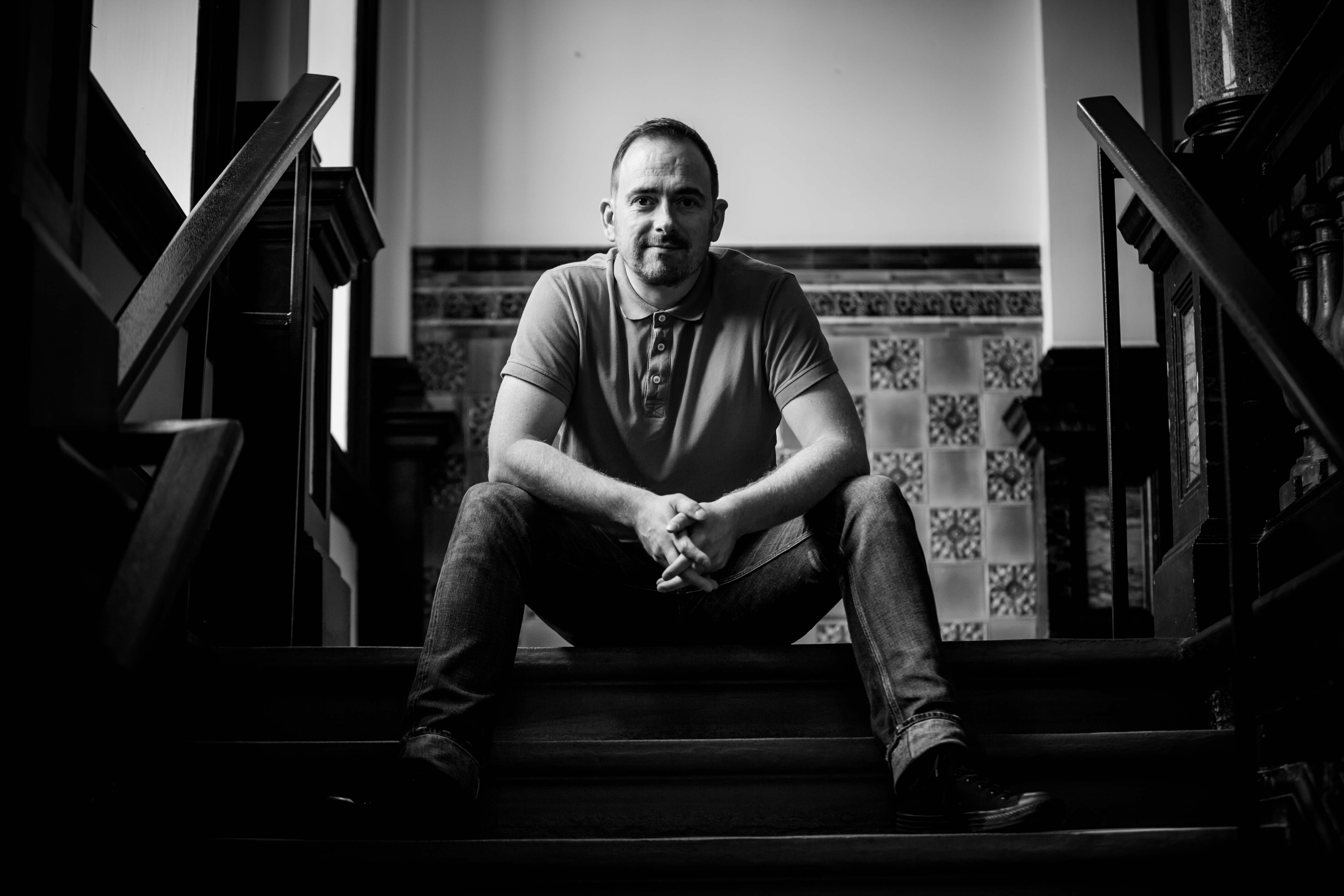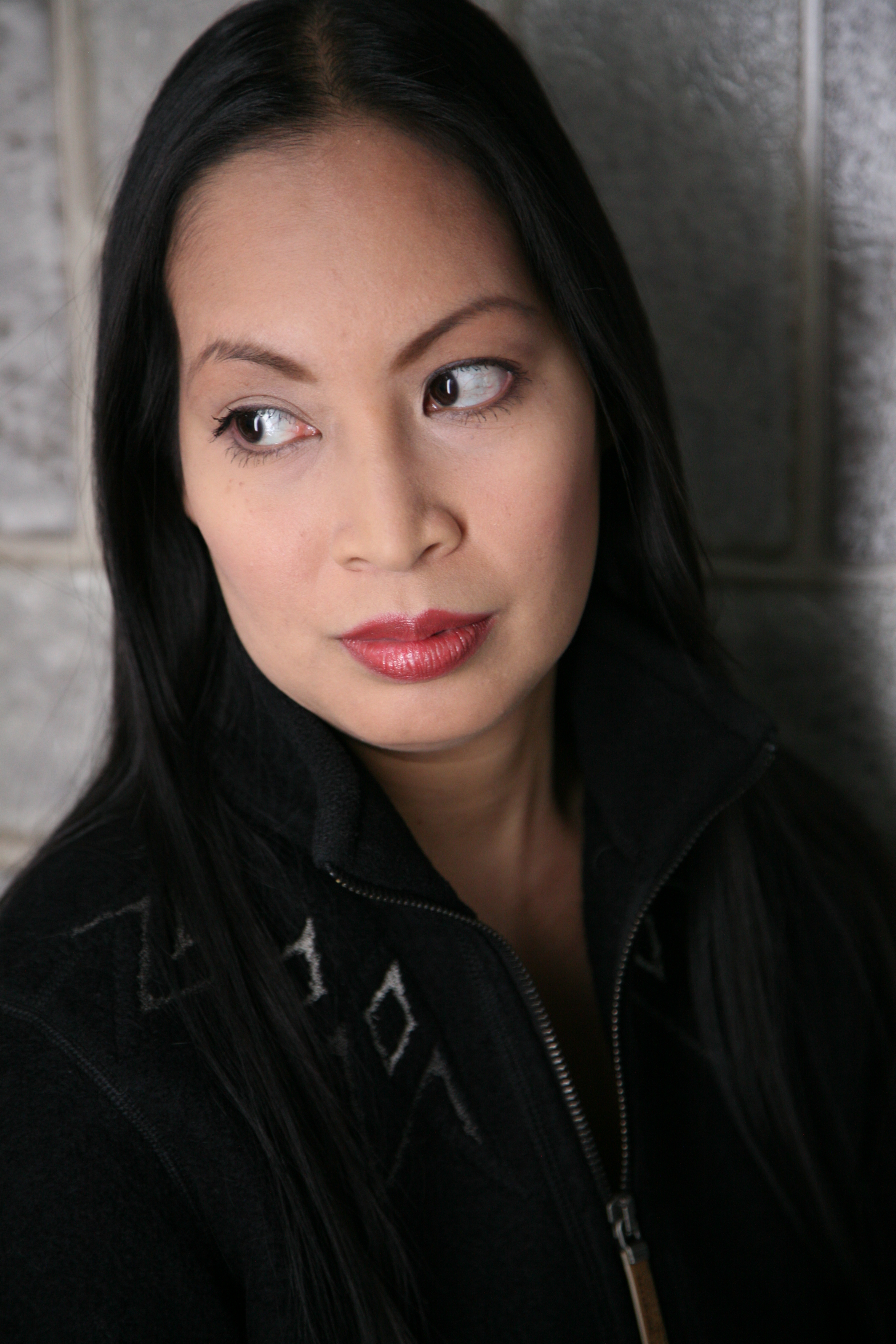ASK & DISCUSS
INDEXCasting Session
10 years ago - Chris Bogle
Hey shooters!
I'm about to start booking castings for my actors and have had some great responses from agents. Can anyone offer any good advice on how to run an effective casting session? My script has minimal dialogue, is mostly set in one location and my protag for almost all of it acts in response to two other actors who are never seen, only heard. The performance is going to rely heavily on gestures, mannerisms, looks etc. How should I run this to get the best performance from my auditionees? I was thinking of maybe picking another work with more dialogue but similar character traits. I'm putting it off and off because I'm so bloody scared of sitting in a room on my own with an actor and looking like I haven't a clue what I'm doing!
Only members can post or respond to topics. LOGIN
Not a member of SP? JOIN or FIND OUT MORE
10 years ago - Chris Bogle
There's some wonderful advice here, thank you!
I think my main worry is that there's very little dialogue, and the majority action is played against two unseen antagonists - not many lines for him to read really. With one actor in a room, is it just a case of getting him to inprov it?
10 years ago - Paulina Brahm
First of all, kudos for holding a live casting. With the type of project you will be shooting, this just makes sense.
Having worked as a reader for auditions and as an actress having gone on countless auditions, I can honestly say (especially after having been a reader) that very often the actors are just as scared as you might feel (everyone, including you, has something at stake) and are simultaneously eager to please. This can be stressful.
But it doesn't have to be.
1) Respect everyone's time. Give them a slot, and make sure a monitor informs them of how the time is going--"We'll be seeing you in five minutes" if that is the case. Sometimes people don't show up, and a nervous actor may have to go on sooner. "We can see you now" may throw them off. Information can settle a lot.
2) This may sound silly, but make sure everyone auditioning has chairs, heat if it's cold, and access to a bathroom nearby.
3) If your protag is cast, come up with improvs BASED ON YOUR SCRIPT to see how the chemistry works with the actors in the room and on screen. (Are you also running the camera for the screen test? No problem, but maybe having a cameraman with you providing direction could be helpful.) Picking another work can be helpful, but also can skew how your actors respond.
3) Inform your actors if improv is the on the agenda. Some love it, some don't.
4) Finally, for the most part, actors LOVE scripts and preparation. If they are coming to your casting, they want to help you with your film. Arming them with your script and vision as much in advance as possible will help them and you. You may be surprised at a candidate's choice and input, and cast them!
All the best, Chris. I hope this was helpful.
Paulina
10 years ago - Chris Bogle
It's very helpful Paulina, thanks!! I guess my worry is, if I'm seeing these guys individually what do I get them to react to? Should I play the antagonists?
10 years ago - Paulina Brahm
Oh, thank you Dan and Paddy!
And Chris...
Having only an idea of what your project is about, and what you want from this casting via your responses, here's what I suggest.
Think of the casting as a laboratory, and you as the scientist. You are trying for the best possible combination of elements to create your film.
You are trying to create, in this laboratory setting, what the conditions (chemistry) will be like on set.
I gather you are casting all roles: the Protagonist and Antagonists 1 and 2.
Explain this to the actors beforehand. You then can have combinations of actors reflecting the situations in your script. As the antagonists won't be seen, you can have your protagonist filmed reacting to the other two, or one, depending what your script calls for.
Actors, for the most part, are flexible people. We love to play and experiment; that's how we learn and grow. And someone you had in mind for the Protagonist may be perfect for Antagonist 2.
Important--have all actors slate before they work in combos. This will save the frustration of figuring out who did what, especially if only one actor will be filmed.
I hope you and your actors have a great time in your laboratory.
Paulina
10 years ago - Dan Selakovich
Such great advice from Paulina.
I've been in on quite a few casting sessions, and feel so bad for the actors. They are given "sides" that are 1 or 2 scenes out of the script. I've always felt this was a terrible way to go, because they are suppose to build a character without reading the entire script. But you really can't send a shitload of full scripts out, so it's necessary. Having said that, you don't mention whether it is a short or a feature. If it's a short, give them the entire script. On a side note, if there is an actor I REALLY want, I will secretly give them the entire script.
As Paulina says, schedule them properly. I think it's better for the director to wait if he finishes someone up quickly, than for an actor. I try to be respectful of everyone's time.
Don't sit behind a table. It can be really intimidating for an actor to walk into a room, and see a couple of producers, the casting director, a couple of assistants, and the director sitting behind a long table, all sizing them up as they walk in. I never sat behind that table, but got up and introduced myself for each actor that walked in. Try to make them feel comfortable. Offer them a bottle of water or something.
Do not read opposite the actor. You can't watch their performance if you are playing one of the parts. Get someone else to do that. Preferably another actor. The better the reader is, the easier it is to judge the actor's performance. If you have to coach the reader before the session, please do that. So many actors up their game if the actor opposite them is really good.
Be open. You have a very specific idea of character in your head. Often, an actor will have a different take on a character. There are 3 ways that can go: they don't get it at all or fall back on their bag of tricks. They are solid and do what you are expecting. Or the best, they show you a different way you can go, and that way is amazing. Unless you're open to things outside of what you think you want, you'll not see the last type. Much like a great editor, they can raise the level of your film. I get absolutely giddy when an actor does something better than I had in my head. I've even re-written dialogue, incorporating an actor's take on something that I hadn't thought of.
I assume you'll be taping each audition. Try not to be the camera person. Sit beside the camera. It's hard to judge the physicality of an actor through the lens, especially if the shot is from the waist up or tighter. As for framing, do not set the camera high tilting down (for example, if the lens is equal with their forehead and tilted down slightly, that's not good). An actor's emotion comes mostly through the eyes. If the lens is nose height or a little lower, and tilted up slightly, you'll get a better connection with the eyes. (that goes for directing in general).
Look, you're going to be fine. The actors are nervous, too. The more you try to relax them, the more relaxed you'll be.
10 years ago - Paddy Robinson-Griffin
Wow, some great words above from Paulina and Dan. I learn stuff all the time from some of the generous responses on this site!
My addition is minor by comparison, but even if a reading is absolutely perfect, you should ask the auditionee to read it again with a different tone/motivation/emphasis. This will tell you how well they take direction, as they need to be able to listen to you and respond to your needs (which may change during the shoot!)
One other, small, cheeky, tip if you don't have a lot of time/effort to spend on casting, and are meeting an actor informally, 1:1. If they're the same gender as you, they should leave you feeling like you have a new best friend, if they're the opposite gender, you should be in love with them. Absolutely fallible and clearly a grotesque generalisation, however some intuitive actors can sense from you what you need from them, and deliver exactly that. They can read your subtle signs and respond in a way that engages with them. It's fast from foolproof, but can be a useful, crude indicator ;-)




